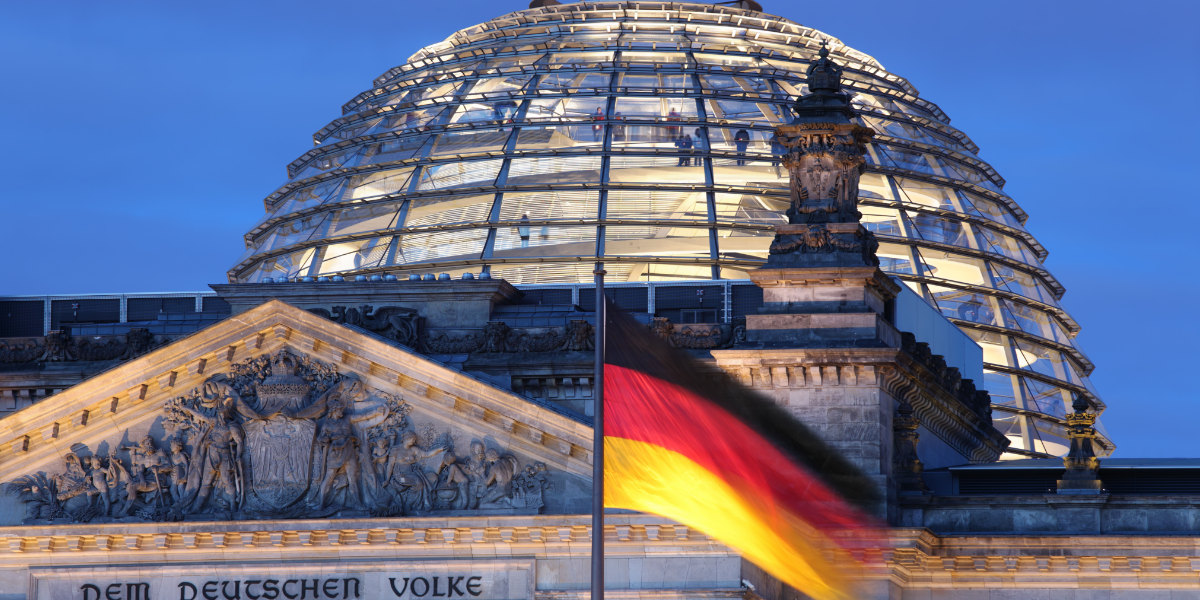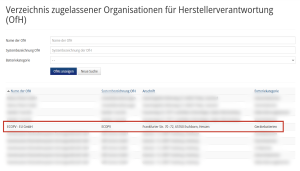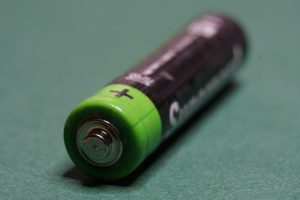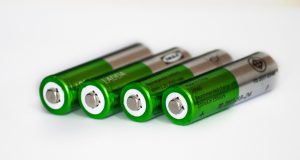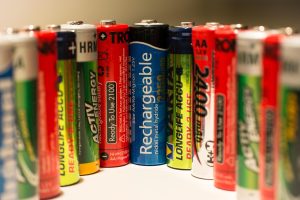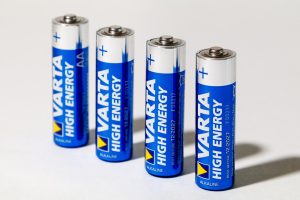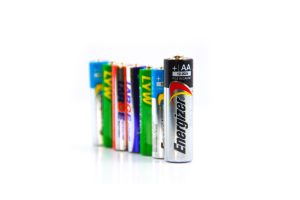Why 2025 matters
Germany’s Packaging Act (VerpackG) keeps evolving to push higher recycling rates and align with EU goals. In 2025, the most visible shift for many brands is the minimum recycled content requirement for single-use plastic beverage bottles entering the German market (and, broadly, the EU market): PET one-way bottles must contain at least 25% recycled plastic from 1 January 2025 (rising to 30% for all single-use plastic beverage bottles in 2030).
Just as important: rules introduced in recent years now fully apply in day-to-day compliance—all packaging types (not only sales packaging) require LUCID registration, and marketplaces/fulfilment providers must block non-compliant sellers. If you haven’t re-audited your flows since these changes, 2025 is the year to do it.
If you have received this email, congratulations—Amazon is sending you a subsidy!
B2C vs. B2B at a glance
VerpackG draws a practical line between packaging that typically ends up with private end consumers (B2C) and packaging used between businesses (B2B) such as transport and commercial distribution packaging.
B2C (“system-participation-obligatory”): You must participate in a dual system for collection/recycling and be registered in LUCID. Service packaging is always treated as B2C.
B2B (non-system-participation): You don’t use the dual system; instead, you have take-back and recovery obligations under §15 VerpackG and must offer free return options to your commercial customers for packaging of the same type, shape, and size—plus maintain annual evidence on request. Since July 2022, even non-system packaging must be registered in LUCID.
What’s new or newly relevant for B2C in 2025
a) Recycled content for beverage bottles
If you place single-use PET beverage bottles on the German market, you need ≥25% rPET on average for your relevant portfolio from January 1, 2025. Expect scrutiny of documentation by state authorities; set up supplier attestations and mass-balance evidence now.
b) “No registration, no sales” enforcement
Marketplaces and fulfilment providers must verify that sellers have a valid LUCID registration and (where required) a dual-system contract; otherwise listings and operations must be blocked. International sellers and cross-border e-commerce are directly affected.
c) All packaging types really means all
Since 2022, LUCID registration covers every packaging type. If you only registered sales packaging before, confirm that service, transport, or shipping packaging are also captured in your producer profile.
What’s new or newly relevant for B2B in 2025
a) Stronger focus on §15 take-back systems
Authorities and auditors expect documented take-back concepts for transport and commercial packaging, plus annual evidence of proper recovery. Contracts should clearly describe pickup logistics, acceptance points, and treatment routes.
b) Registration still applies
Even though B2B transport packaging doesn’t join a dual system, the producer/initial distributor must register in LUCID. Many B2B suppliers missed this in earlier years; 2025 reviews are catching up.
c) EU-level pressure is rising
The incoming EU Packaging and Packaging Waste Regulation (PPWR) tightens definitions (e.g., “reusable” criteria) and will cascade into German practice over 2025–2026 and beyond. Expect more design-for-recycling proofs and traceability.
Practical to-dos (B2C & B2B)
For B2C brands, retailers, and online sellers
1.Confirm LUCID basics
Check that your company, brands, and packaging types are correctly listed in LUCID, with up-to-date contact and authorized representative details (if applicable).
2.Verify dual-system contracts
Ensure your system-participation volumes match reality (by material and weight) and that forecasts are updated for 2025.
3.Secure recycled-content evidence
Collect supplier declarations and lab/test certificates showing compliance with the 25% PET threshold for applicable beverage SKUs; set up a file-ready audit pack for authorities.
4.Coordinate with marketplaces/3PLs
Provide partners with your LUCID number and contract proof to avoid listing blocks or fulfilment holds.
For B2B manufacturers, importers, and distributors
1.Map your §15 scope
Identify all transport/commercial packaging you introduce and the corresponding commercial customers receiving it. Build a take-back plan (pickup schedule, return points, or collective scheme).
2.Register all non-system packaging
Add transport, reusable, and other non-system packaging to your LUCID profile; many firms registered only sales packaging in the past.
3.Keep annual evidence
Record returned quantities, recovery routes, and treatment certificates; keep documentation ready for inspections.
4.Prepare for PPWR spill-over
Start aligning designs and supplier specs with EU recyclability and reusability criteria to future-proof your B2B packs.
Common pitfalls to avoid
· Assuming “B2B = no obligations.” B2B does not mean exempt: you still register and organize take-back/recovery under §15.
·Registering only sales packaging. Since 2022, all packaging types require LUCID registration.
·Weak supplier evidence. For recycled content (PET), vague statements won’t do—keep verifiable documentation.
·Overlooking marketplace enforcement. Non-compliant listings or fulfilment can be suspended without notice.
Timeline & outlook
Now: Audit LUCID entries, contracts, and reporting lines; harden supplier evidence for 2025 PET requirements.
Throughout 2025: Expect continued checks by marketplaces/3PLs and growing attention on B2B take-back documentation.
2025–2026: Monitor the PPWR rollout and evolving German guidance (ZSVR updates, design-for-recycling minimum standards).
Quick compliance checklist
- LUCID registered for every packaging type and brand.
- (B2C) Dual system contract active; volumes/materials accurate.
- (B2C) rPET ≥25% verified for applicable PET beverage bottles from 01-01-2025.
- (B2B) 15 take-back concept in place; free return options communicated to customers.
- Marketplace/3PL partners hold your latest LUCID & participation proof.
- Ongoing watch on ZSVR notices and PPWR guidance.
For B2C players, 2025 is about recycled content proof + airtight LUCID/dual-system hygiene. For B2B suppliers, it’s proactive §15 take-back with hard evidence—and, for everyone, preparing for EU-level PPWR standards. Treat this year as a reset: close gaps now, so audits—and marketplaces—don’t close your listings later.

